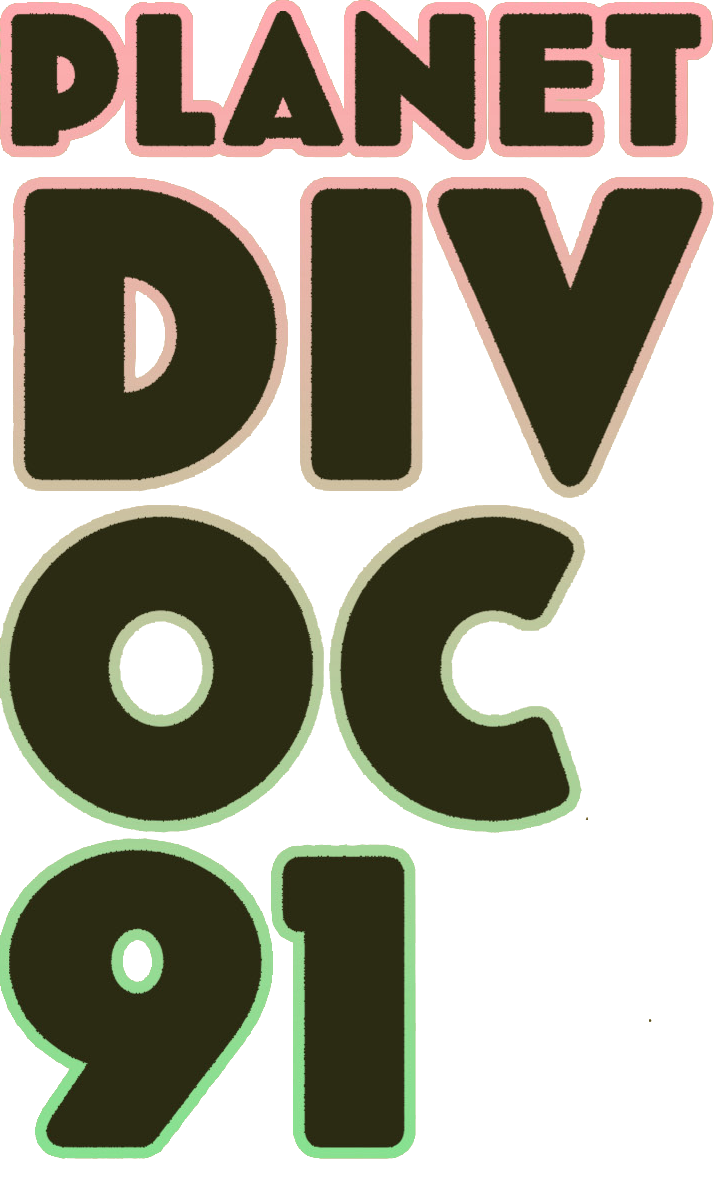All Aboard the Vaccine Express: The Importance of Agency and Communication to Global Covid-19 Vaccine Uptake by Whitney Love
We started 2021 with high hopes of a return to normality following positive news around the Covid-19 vaccines. As the year progresses, vaccination programmes are set to be a crucial tool in the battle against the pandemic. At the time of writing, half of British adults have been vaccinated against Covid-19; but naturally some people have questions about the vaccine.
Last month, we had the pleasure of hosting an international vaccine workshop with a diverse panel of global experts focusing on the science, psychology, and anthropology behind vaccines. How governments and vaccine manufacturers communicate the importance of vaccine uptake, safety and reliability was a core topic of discussion throughout the workshop.
Dr Giridhar R Babu, an epidemiologist at the Public Health Foundation of India, stressed the importance of educating and communicating information long before vaccines are approved. In India specifically, he highlighted that up until days before the vaccine rollout began, information about vaccines communicated to the public was severely lacking. This ultimately led to reduced vaccine uptake. Lack of communication around the vaccine meant that people were hesitant about the vaccine. The issue in India is about “the lack of communication much more than people themselves not understanding the vaccine,” says Dr Babu.
A further issue in health communication is transparency. Dr Anant Bhan, a trained medical doctor and global health researcher in India, suggested that governments must put as much information as possible into the public domain to help address concern and misinformation. The public should have opportunities to ask questions to experts to gain clarity and address any gaps in information. Transparency between experts and the public will build trust, ultimately increasing vaccine uptake.

Dr Winston Morgan, a toxicologist at the University of East London, highlighted the importance of agency: “Groups of people who, in the past, have never been offered a vaccine are suddenly being told to take it. And quite naturally, these people are questioning why the government are suddenly insisting them to take the vaccine”. Generally, people will not take the vaccine just because the government has told them to take it. They will use their agency to seek information regarding the vaccine to address any issues they may have. If the public cannot access reliable, informative information, individuals may seek knowledge from other sources, like social media, which could be extremely problematic.
Disparities in vaccine uptake are evident both between and within countries. The world will always stay connected. Dr Bhan highlights that “by only protecting one population at a national level, it won’t necessarily mean that protection will last. At some point the pandemic will come into their borders again”. Governments want to prioritise their own population, but this can lead to global complications. A study by Lazarus et al (2020)1 found that respondents most likely to take the vaccine were also those who reported high levels of trust in the government. Global acceptance of Covid-19 vaccines is needed to bring back a sense of normality. Evidence-based communication is a strong place to begin.
As the Planet Divoc-91 project comes to an end, I have spent some time reflecting on the key lessons learnt throughout the comic series, and I encourage readers to do so too. For example, chapter 2 explores how Covid-19 could bring an opportunity for change, following the exposure of the harsh realities of social inequality in the UK. Chapters 4 and 5 emphasise that mental health is an important part of our lives that should go hand-in-hand with our physical health. Everyone has a different journey in life and we shouldn’t be afraid of asking for help; there are always people we can talk to. Later in Chapter 6, we tackle misinformation. This is the first pandemic since social media has become an indispensable part of our lives, allowing information to travel globally in seconds. Social media has invited people to share false information. It is through effective, compassionate communication strategies that we can help prevent this misinformation from spreading.
Living through a pandemic as a young adult is tough, to say the least, and a lot of lessons have been learnt throughout the Planet Divoc-91 series. I really hope the brilliant illustrations, explanation of scientific research and policy, and debunking of myths have made it a pleasure for you to read. Most importantly, I hope the message is clear that although our lives have been turned upside down, we can get through this.
1 – Lazarus, J.A. et al. (2020). A global survey of potential acceptance of a COVID-19 vaccine. Nature. 27. 225-228.

